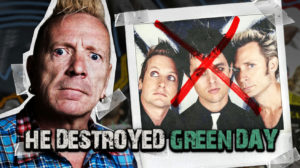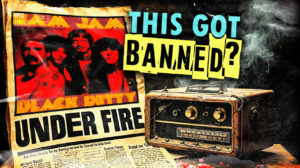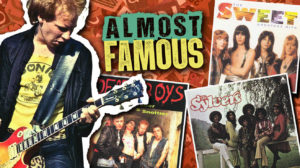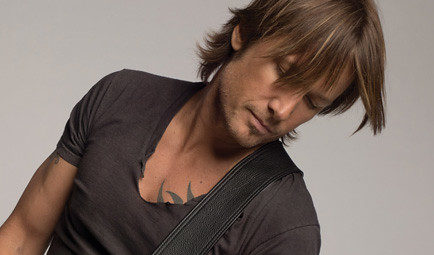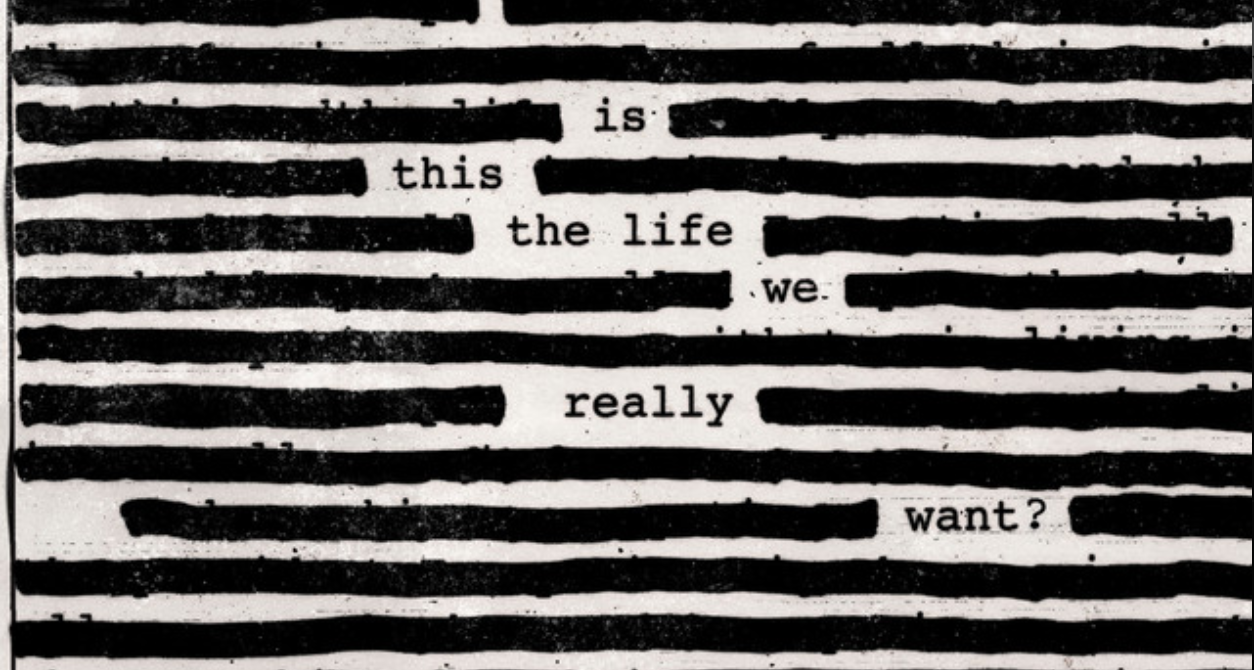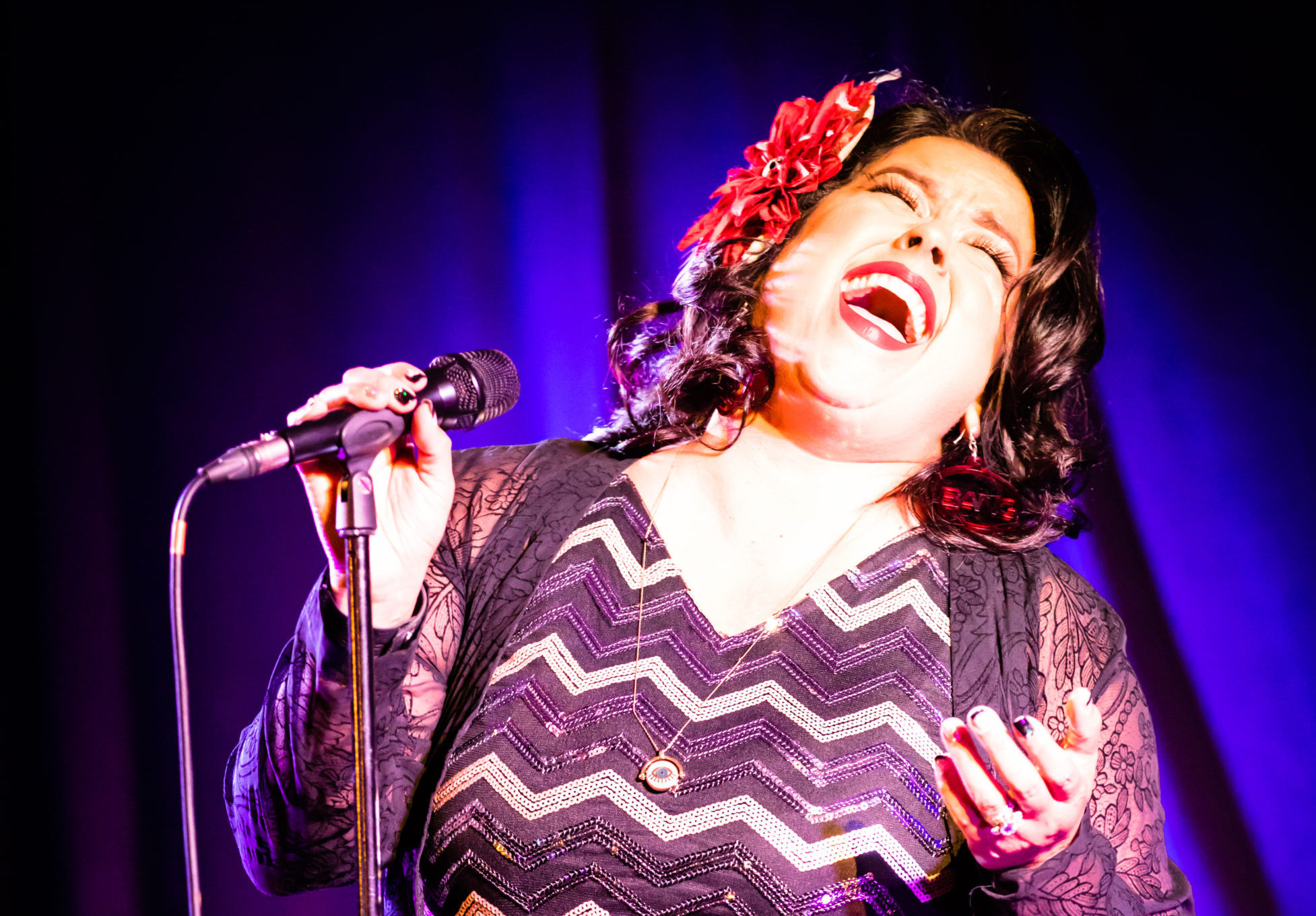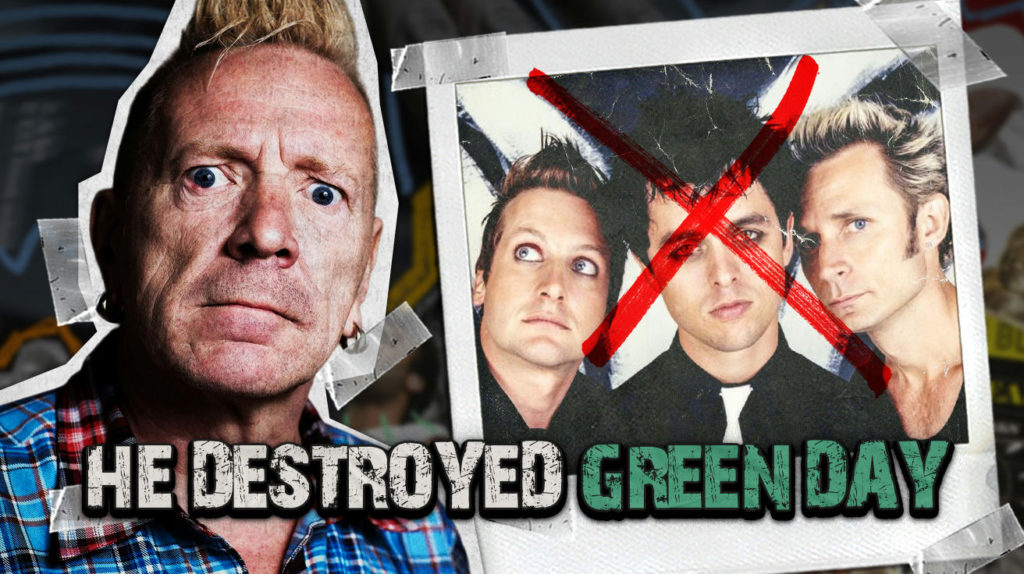
Johnny Rotten weaponized criticism into an art form that cut through music industry mythology like feedback through a cheap amplifier. While today’s artists navigate carefully crafted PR statements, Rotten’s unfiltered assessments scorched everything from prog rock pretension to punk posturing with surgical precision. His savage takedowns reveal why authenticity still matters when algorithms determine what you hear next. Consider him Punk’s truth-telling uncle who never learned diplomatic language—and thank god for that.
8. Autotune: Technology vs. Expression

Algorithmic perfection represents everything wrong with modern music production in Rotten’s uncompromising worldview. This pitch-correction technology symbolizes music’s complete surrender to marketability over meaning, systematically replacing human imperfection with synthetic sterility that eliminates emotional authenticity.
Revolution gets filtered through digital presets until it appears appealing without changing anything fundamentally important. Each corrected vocal note removes another fragment of authentic human expression from recorded music, creating a sterile landscape devoid of genuine feeling. Rotten champions the crack in the voice, the sharp intake of breath, the moment when technology can’t mask what someone feels.
7. Rolling Stones: From Rebels to Rock Aristocracy
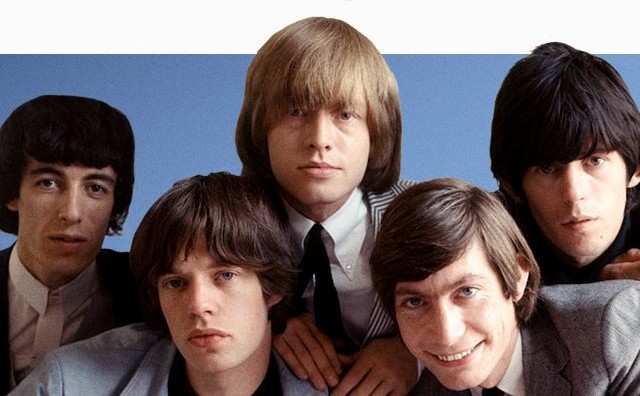
Evolution turned revolutionaries into exactly what they once challenged—a transformation more painful than watching your radical uncle become corporate middle management. These former dangerous blues disciples metamorphosed into rock aristocracy, systematically trading authenticity for stadium comfort and cultural disruption for establishment approval.
Increasingly elaborate performances became the visible symbol of every rebellion’s worst nightmare: the precise moment when counterculture transforms into just another product category. As Jagger strutted across ever-massive stages, Rotten’s perspective served as a crucial reminder that authenticity gets measured in cultural honesty rather than platinum sales figures. The Stones became living proof that success often kills the very thing that made you worth following.
6. Nostalgia vs. Danger: Punk’s Heritage Problem
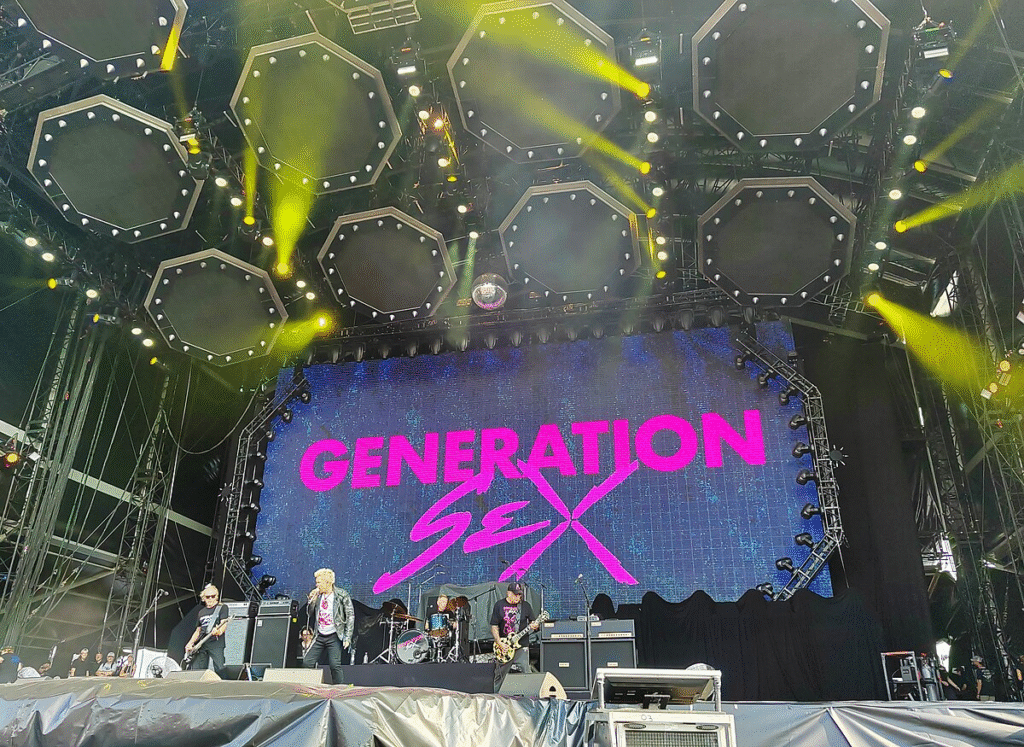
Reunion tours transformed cultural threats into nostalgic entertainment, complete with merchandise tables and VIP packages that sanitized former danger. Generation Sex’s formation in 2018 perfectly epitomized punk’s uncomfortable transition from live wire to museum display, systematically neutering rebellion through calculated commercialization.
Heritage acts represent Rotten’s deepest fear about punk’s ultimate legacy. The transformation occurs when present-tense urgency gets methodically replaced by past-tense celebration, effectively turning dangerous ideas into safely packaged memories. Watch any documentary about punk and you’ll see exactly what Rotten means—talking heads discussing revolution while sitting in expensive chairs.
5. Clash and Class Authenticity
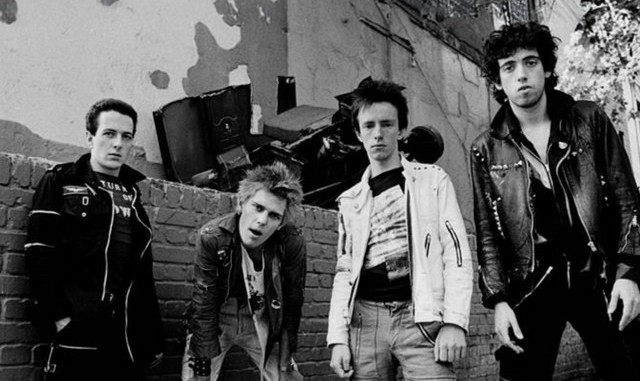
Questions about middle-class origins versus working-class identification created fractures within punk’s seemingly unified front. These inquiries emerged because revolutionary aesthetics couldn’t escape scrutiny when authenticity became both punk’s most valuable currency and its most contentious battleground simultaneously.
Political messaging raised uncomfortable questions about the fundamental difference between performance and lived experience. The situation resembled discovering your favorite anti-establishment podcast operates from a trust fund—these debates highlighted punk’s eternal contradiction between theatrical rebellion and genuine resistance. Nobody wanted to admit that sometimes the best rebels come from suburban bedrooms, not factory floors.
4. Pink Floyd: The Anti-Prog Statement
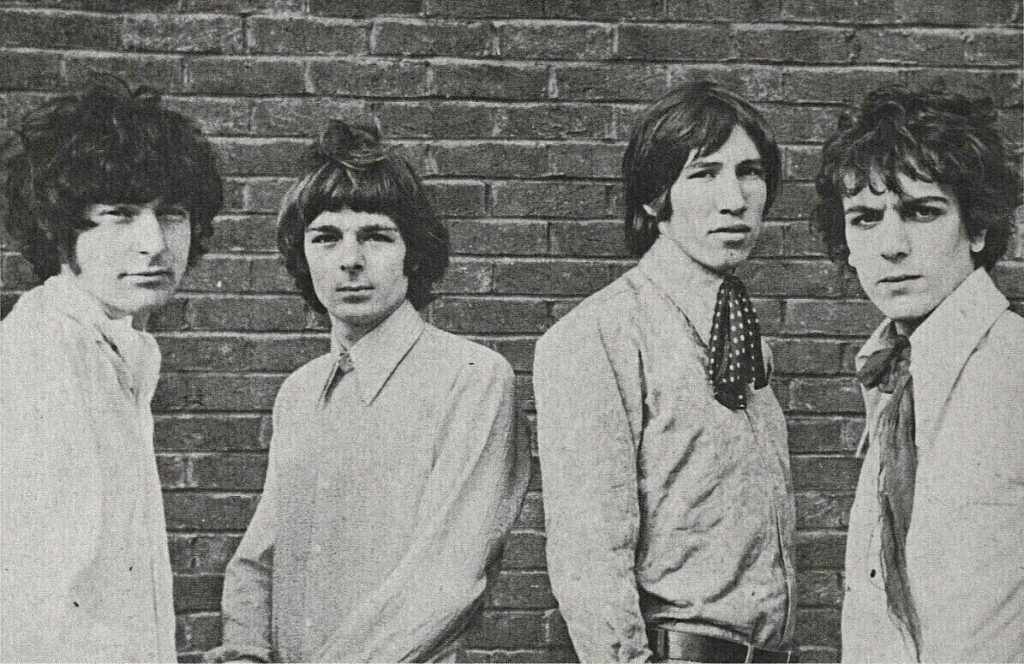
Fashion became warfare when that modified t-shirt declared war on progressive rock’s ivory tower. The statement targeted twenty-minute compositions and conceptual albums that represented everything Rotten opposed: technical masturbation over raw expression, cosmic exploration over street-level reality. What appeared as aesthetic rebellion functioned as class warfare disguised in wardrobe form.
Working-class rage found its perfect target in Floyd’s middle-class comfort zone. Their elaborate stage productions and virtuosic guitar solos provided concrete evidence of music’s complete disconnection from actual human experience. Rotten’s fashion choice thus became punk’s first manifesto, proving that sometimes the most effective criticism comes wrapped in three chords and an attitude.
3. Green Day: “Not Punk”
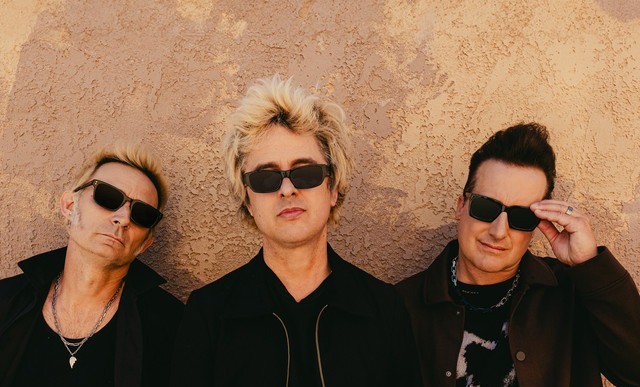
Commercial success and authentic rebellion cannot coexist in Rotten’s unforgiving taxonomy of musical legitimacy. Their multi-platinum political albums and Grammy nominations became concrete evidence of co-option rather than victory, systematically transforming resistance into just another entertainment category designed for mass consumption.
Berkeley basements to Broadway musicals traced punk’s uncomfortable journey toward mainstream acceptance with mathematical precision. Stadium shows featuring synchronized lighting eliminated the very danger that made punk culturally significant in the first place. Green Day proved that you can keep the haircut and lose everything else that matters.
2. Authenticity in Political Expression
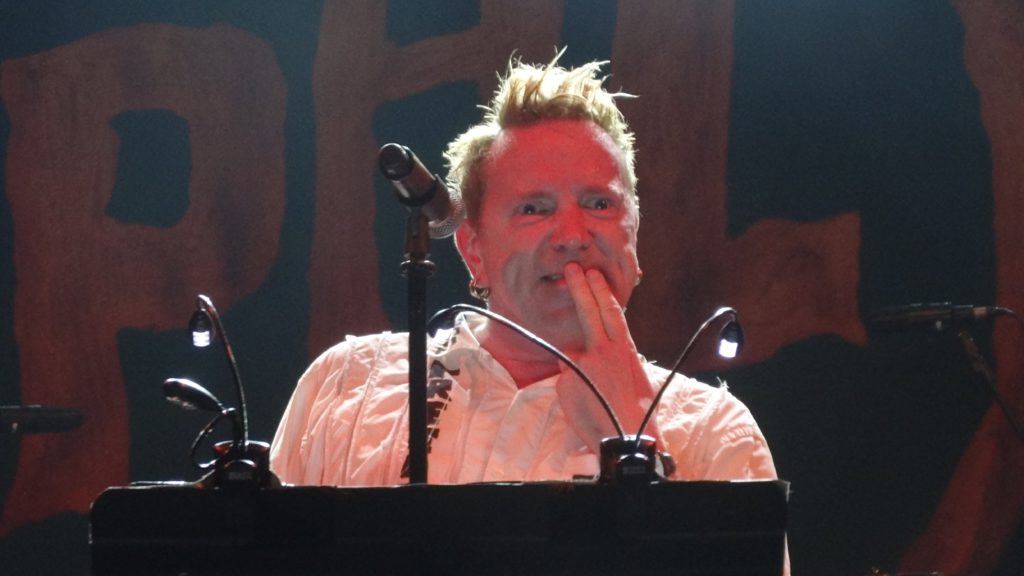
Anger without direction becomes noise—something Rotten understood long before social media turned outrage into performance art. True effectiveness demands careful discernment about which systems deserve dismantling and precisely how to challenge them without becoming another form of mindless entertainment.
Performance activism differs dramatically from meaningful change—the distinction resembles someone who thoroughly understands power structures versus someone merely making noise from the sidelines. Direction transforms rebellion from a simple aesthetic choice into an actual cultural force, something Rotten has consistently demanded from politically-charged artists throughout his uncompromising career.
1. The Enduring Value of Rotten’s Criticism

Philosophical arguments about authenticity matter more now than celebrity feuds or industry gossip ever could. Modern rebellion gets carefully branded for mass consumption, making Rotten’s unfiltered assessments increasingly valuable as essential cultural navigation tools in an oversaturated entertainment landscape.
His approach cuts through decades of accumulated musical mythology with surgical precision. Rotten’s unwavering willingness to call out pretenders regardless of their commercial success maintained punk’s fundamental commitment to uncomfortable truths over popular lies. In a world where everyone’s a critic, Rotten remains the one whose opinion stings—because deep down, we know he’s usually right.




